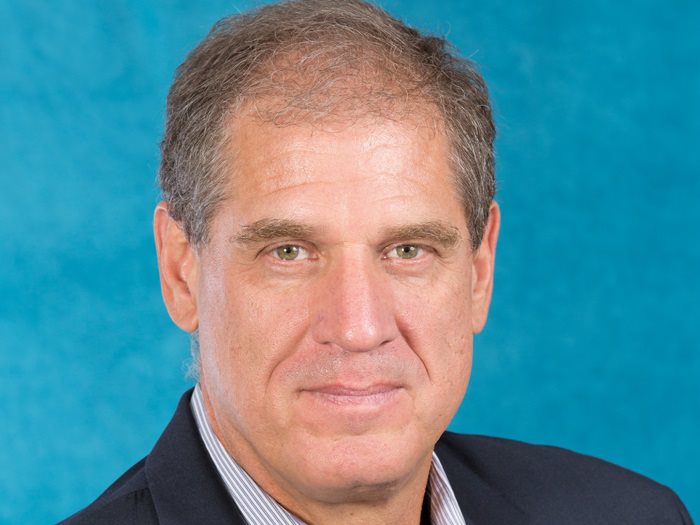Column: Workers' Comp
Opinion | When Wildfires Make Breathing a Work Hazard, Claim Costs Could Suffocate Employers
Smoke clogs the Idaho valley where I live annually and with regularity. For me, the smoke that NASA satellite images show shrouding much of the Western U.S. represents mounting evidence of climate change.
The problem hasn’t yet touched workers’ comp. But if scientists are right, and we are experiencing a new normal in wildfires, the smoke will affect overall worker health far beyond the flames’ reach, in turn impacting workers’ comp claims outcomes.
For insurers, global warming and wildfires are largely a property issue — for now. Swiss Re, which has been at the forefront of addressing climate change, reports worldwide wildfire frequency has been increasing for decades. A record-setting $14 billion in insured wildfire losses occurred in 2017— most of that in the U.S. and Canada.
Some work-related losses are obvious, although they remain low frequency. Think of the firefighters who died this year battling California blazes or the electrical lineman who perished restoring power in a California burn area; as fires burn, more workers will face hazardous environmental conditions removing the debris of lost homes.
There is a broader picture, however.
Where I live, smoke pours in from California fires nearly 1,000 miles away. It drifts over the mountains from forests burning in Oregon, Washington state and British Columbia. If the wind shifts, it comes from Montana. We also have 10 wildfires burning here in Idaho.
If scientists are right, and we are experiencing a new normal in wildfires, the smoke will affect overall worker health far beyond the flames’ reach, in turn impacting workers’ comp claims outcomes.
It’s early August as I write this column, early in an ever-lengthening fire season, and the smoke blocks my view of the mountains a few miles away.
Residents are warned to avoid strenuous outdoor exercise, especially sufferers of respiratory conditions. But construction workers are still laboring strenuously, delivery drivers are hurriedly carrying packages to doorsteps and garden landscapers are all outdoors sucking in dangerous particulate matter.
With 106 large wildfires currently burning in 15 states, the impact is felt across more Western cities.
If we know that exercise, not smoking and other good behaviors, improve worker health and productivity — as well as improve workers’ comp claims outcomes — what does all this smoke tell us?
I’m not alone in thinking about this. A friend responsible for integrated leave management at a Seattle-area employer with outdoor workers said that, when the smoke engulfs her city, she wonders if respirators will become standard outdoor-worker safety gear.
This is not a cheerful topic to ponder. And with legacy claims, opioid addiction and other more immediate, pressing challenges, workers’ comp claims managers are probably too busy to ponder an unmeasurable environmental harm.
If there is any way to protect workers — perhaps schedule more work indoors when possible — it would be a smart safety practice to do so. &








